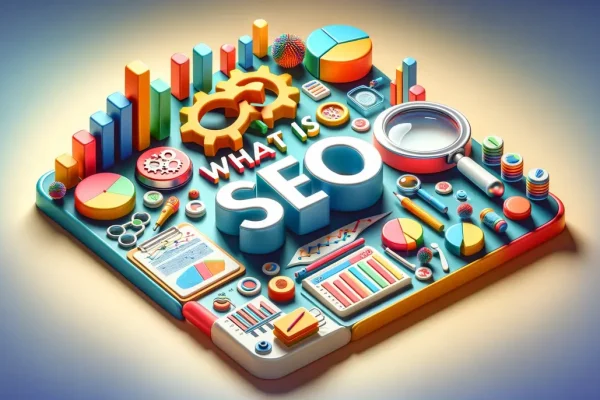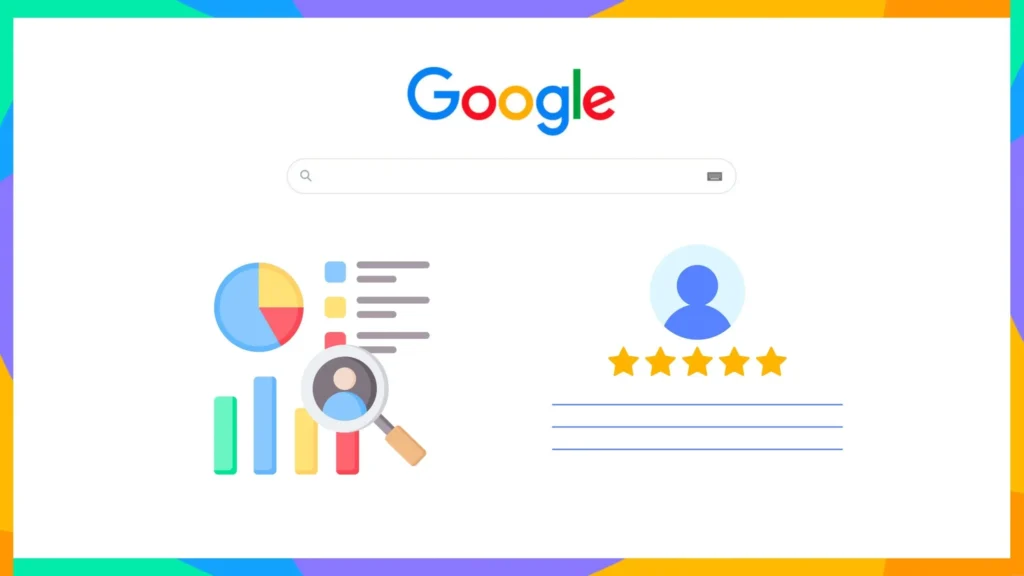At Index365, we believe in empowering businesses to achieve their full potential in the digital landscape. A key component of this is understanding and harnessing the power of Search Engine Optimization (SEO).
What is SEO and How Does It Work?
SEO, or Search Engine Optimization, is a strategic process that aims to enhance a website’s visibility in search engine results. The goal is to increase organic (non-paid) traffic from search engine result pages (SERPs). This involves optimizing various elements of your website, like its content, architecture, and backlinks.
Primarily, SEO works by incorporating specific keywords into different parts of a web page, such as metadata and headers. These keywords are identified through research, revealing the terms your target audience uses when searching for products or services similar to yours.
SEO also involves creating relevant and valuable content that naturally integrates these keywords. This makes your content more useful and engaging to your audience and helps search engines understand the context of your pages.
What Is an Organic Search?
An organic search refers to the unpaid results that appear on a SERP after a user types a query. These results, also known as “natural” or “earned” results, are determined by search engine algorithms that rank billions of web pages based on relevance and quality.
Several factors influence these rankings, including the quality and relevance of content, the number of inbound links from reputable sources, the website’s structure and loading speed, mobile-friendliness, and more.
Search engines, like Google, Bing, and Yahoo, use complex algorithms to determine the relevance and quality of billions of web pages and rank them accordingly for each search query. The pages that appear in the organic search results are those that the search engine algorithm has deemed most relevant and valuable to the user’s query.
The primary goal of Search Engine Optimization (SEO) is to improve a website’s ranking in organic search results, as these tend to attract more click-throughs than paid results. This is because many users trust that organic results are more unbiased and relevant to their search queries.
Why is SEO important?
SEO is crucial for businesses for several reasons:
- Visibility: SEO improves your website’s visibility on search engines like Google, leading to increased traffic and conversions.
- Trust and Credibility: Websites that rank high in search results are often viewed as more trustworthy and credible.
- Insights: SEO provides valuable insights into your audience. With tools like Google Analytics, you can see what keywords customers use to find your website, where they’re coming from, and how they interact with your site.
In essence, SEO is about understanding the factors that influence your website’s ranking in search engine results and optimizing your site to meet these criteria. This not only increases your visibility but also improves the overall user experience, encouraging more searchers to click on your site.
Types of SEO
There are three types of SEO, each focusing on different aspects of optimization. Let’s delve into some of the most common ones!
On-Page SEO
On-Page SEO refers to optimizing individual web pages on your site to rank higher. This includes title tags, meta descriptions, and content optimization. It is essential for driving organic traffic and improving search engine rankings.
Technical SEO
Technical SEO entails optimizing your website’s infrastructure as part of an effective SEO strategy, ensuring it is easily crawlable and indexable by search engines. This involves aspects like website speed, mobile-friendliness, and secure sockets layer (SSL) encryption.
Off-Page SEO
Off-Page SEO, also known as off page optimization, involves activities that happen outside of your website but impact your rankings within search engine results pages (SERPs). These activities typically involve link building, social media marketing, and influencer outreach.
Content Optimization
Content Optimization is an integral part of SEO strategy. It involves creating high-quality content that is relevant to your audience and optimized with keywords like “create content”. This helps to improve your site’s visibility and attract more organic traffic.
Trust in our comprehensive suite of services to ignite a transformation that echoes through the digital landscape. With Index365, you can rest assured that your digital journey is in capable hands.
How is SEO different from SEM and PPC?
SEO, SEM, and PPC are all strategies used in digital marketing to increase visibility and traffic to websites. However, they differ in the methods used and their approach.
SEO vs SEM
Search Engine Optimization (SEO) is a method of increasing the quantity and quality of traffic to your website through organic search engine results. It involves optimizing your website and its content to make it more attractive to search engines.
On the other hand, Search Engine Marketing (SEM) is a broader term that encompasses both SEO and paid strategies to gain visibility in search engines. While SEO focuses on organic traffic, SEM uses paid advertising methods like Pay-Per-Click (PPC) advertising to drive targeted traffic to your website.
SEO vs PPC
While both SEO and PPC aim to drive traffic to websites, they do so in different ways. SEO focuses on earning traffic organically by improving your website’s ranking in search engine results. This involves optimizing your site’s content and design, as well as building high-quality backlinks.
PPC, or Pay-Per-Click, is a form of paid advertising where advertisers pay a fee each time one of their ads is clicked. This strategy can drive results quickly and bring immediate visibility, but it requires a budget.
SEO Specialties
There are several specialties within SEO, each focusing on different aspects of optimization:
Ecommerce SEO
If you own an online store, E-commerce SEO is crucial for your business. It involves optimizing your product pages, descriptions, meta tags, internal link structure, and navigational structure for search and user experience. The goal here is to lead potential customers to your products through organic search, improve their online shopping experience, and ultimately increase sales.
Effective E-commerce SEO also involves optimizing for specific keywords that potential customers are likely to use when searching for your products. Another critical aspect is user reviews, which can influence your product’s organic ranking on search engines.
Enterprise SEO
Enterprise SEO is essentially SEO but on a larger scale. It’s used by larger websites that comprise thousands, or even millions, of pages. With such a vast number of pages, traditional SEO tactics may not be as effective. Enterprise SEO requires more robust and more technical SEO strategies.
For instance, managing and optimizing multiple websites or pages within a single website can be a complex task. Moreover, larger organizations often require more extensive keyword research, comprehensive backlink profiles, and detailed SEO reports. Enterprise SEO tools, like SEMrush or Ahrefs, are commonly used to manage these tasks efficiently.
International SEO
If your business operates in multiple countries or languages, an International SEO strategy is a must. This type of SEO involves optimizing your website so that search engines can easily identify which countries you want to target and what languages you use.
International SEO can involve translating your content into different languages or creating separate sites or pages for each geographic area you serve. It’s also important to consider cultural differences in keywords and phrases, as direct translations may not always be effective.
Local SEO
Local SEO is crucial for businesses with a physical location or those serving a specific geographic area. It involves optimizing your online presence to attract more business from relevant local searches. This could include claiming directory listings, optimizing for local keywords, and managing online ratings and reviews.
A significant aspect of Local SEO is appearing in the ‘local pack,’ the section of Google’s search results that shows the local businesses related to your query. According to Google, 46% of all searches have a ‘local intent,’ making Local SEO an essential strategy for businesses aiming to tap into neighboring clientele.
News SEO
Finally, let’s talk about News SEO. This involves optimizing news websites or articles to appear in Google News or the ‘Top stories’ carousel in regular search results. The goal is to maximize visibility and increase click-through rates (CTR) for news content.
News SEO techniques can include timely reporting, original content, authoritative writing, and using relevant keywords in headlines and article bodies. Indexing is also critical, so it’s important to submit a Google News Sitemap and follow Google’s technical guidelines for news sites.
How Do Search Engines Work?
Understanding how search engines work is vital for any digital marketer or website owner in search marketing. It’s the key to driving organic results and increasing website traffic.
Search engines use web crawlers to discover and index websites, considering factors like keywords and links. This leads to the ranking of sites based on relevance and user experience, among other factors.
Organic results are listings that appear due to relevance to search terms. Most site owners aim to be on the first page of these results, as it drives 95% of clicks, increasing website traffic.
How Index365’s SEO Services Will Improve Your Websites Traffic?
At Index365, we understand the intricacies of SEO. We know that it’s an ongoing process, not a one-time task. Our team of experts stays up-to-date with the latest SEO trends and algorithm changes, ensuring your website always complies with best practices.
We focus on keyword research, content optimization, and building quality backlinks, among other strategies. But we also understand that every business is unique. That’s why we offer personalized SEO strategies tailored to your specific needs and goals.
By leveraging our SEO services, you’re not just improving your website’s visibility but also enhancing user experience, boosting your credibility, and gaining valuable insights about your audience.







